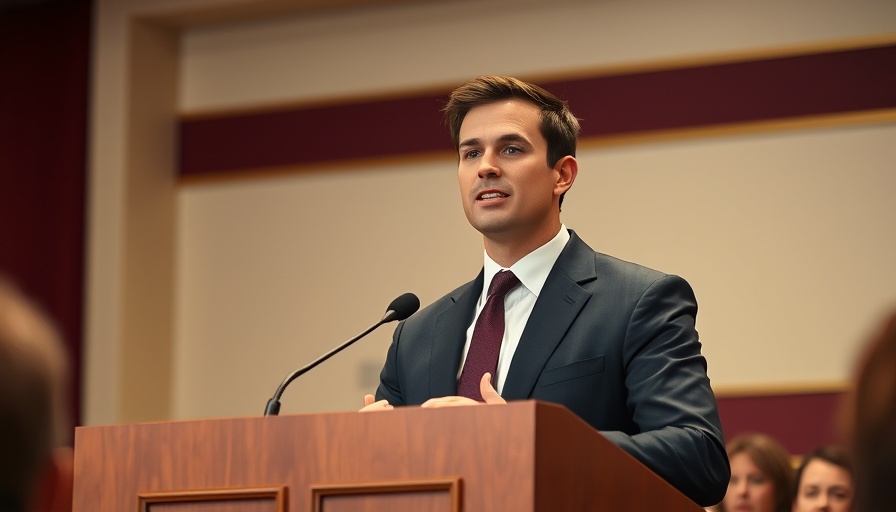
Caribbean Heritage: Shaping America's Narrative
As America celebrates its melting pot of cultures, the contributions of Caribbean immigrants stand out like vibrant colors on a canvas. June, a month dedicated to National Caribbean American Heritage Month, serves as a reminder of the indelible mark these individuals have left on U.S. history. With stories of resilience and creativity, we highlight a few extraordinary Caribbean pioneers whose lives resonate with the challenges and triumphs of immigrant narratives.
Trailblazers from the Caribbean
Many Caribbean immigrants have significantly impacted U.S. society by carving spaces in politics, arts, and civil rights. Take Hubert H. Harrison, for instance, the radical thinker and "Father of Harlem Radicalism." Harrison didn't just lend his voice to the early 20th-century discourse; he gave soul and structure to movements like the New Negro. His influence paved the way for others, including the legendary Marcus Garvey.
Similarly, Elizabeth Hendrickson’s advocacy for tenant rights during the Harlem Renaissance showcased the spirit of community organizing. By co-founding the Harlem Tenants League, she fought relentlessly for the underserved, emphasizing that power lies in unity.
Literary Voices of the Diaspora
Eric D. Walrond, with his narrative flair, captured the essence of Caribbean life through his writings. His standout work, Tropic Death, opened doors to empathetic understanding in the broader American literary field. It was not just about telling a story; it was about weaving together the immigrant experience and inviting others to sympathize.
Moreover, figures like Frank Crosswaith, dubbed the “Negro Debs,” transformed the labor landscape by advocating for Black workers and ensuring their voices were heard. His legacy reminds us that Caribbean immigrants have always been more than just passengers on the American journey; they have been at the helm of progress.
Caribbean Culture: A Continuous Influence
Each of these trailblazers has contributed to the rich tapestry of Caribbean culture in America, blending rhythms of their homelands with the pulse of American life. Their stories teach us valuable lessons about resilience, advocacy, and the importance of community. As we reflect on their legacies, we celebrate not just their individual contributions but the entirety of the Caribbean American experience.
So, next time you listen to a Soca beat or savor a plate of jerk chicken, remember: behind every taste and tune, there’s a story of struggle and triumph waiting to be told.
 Add Row
Add Row  Add
Add 




 Add Row
Add Row  Add
Add 


Write A Comment